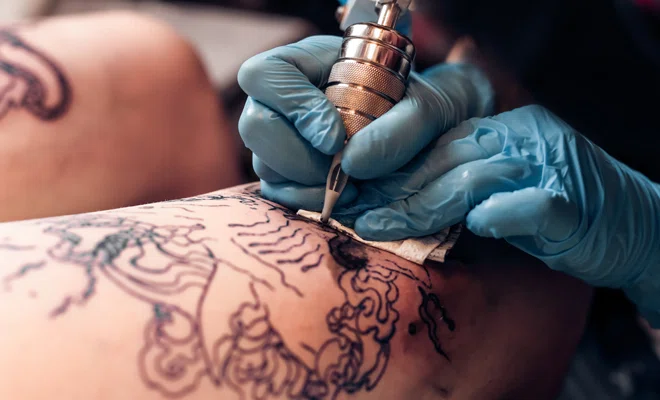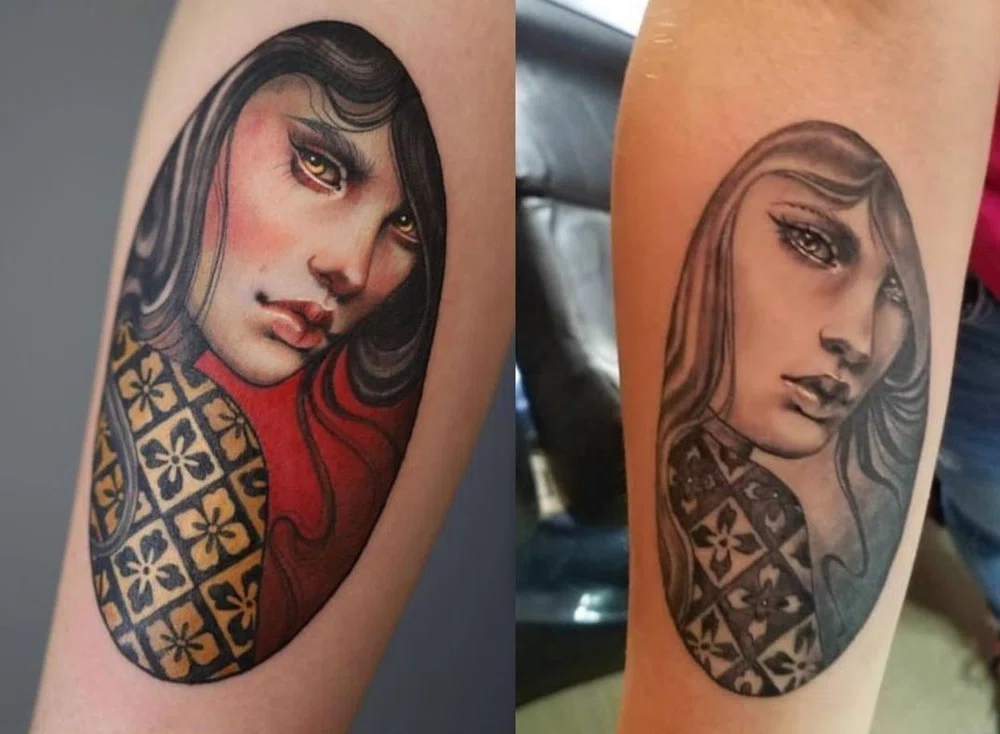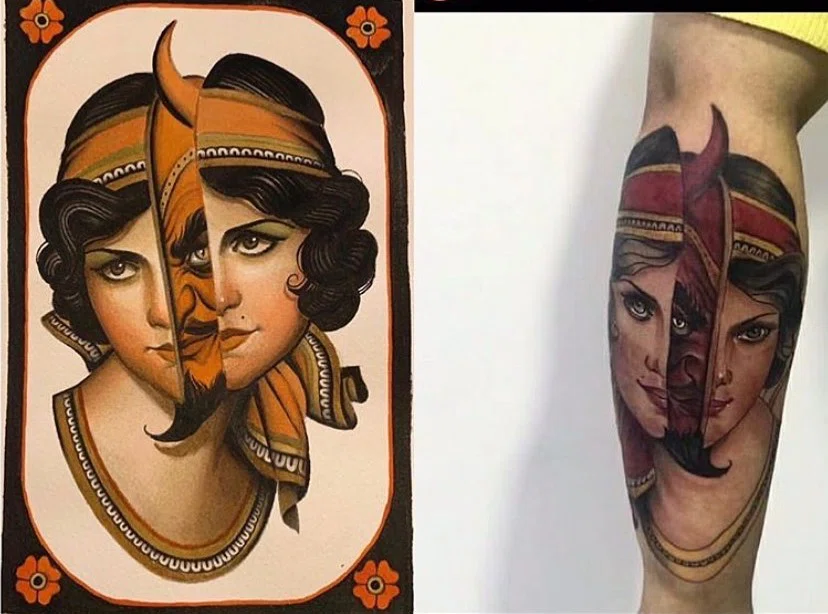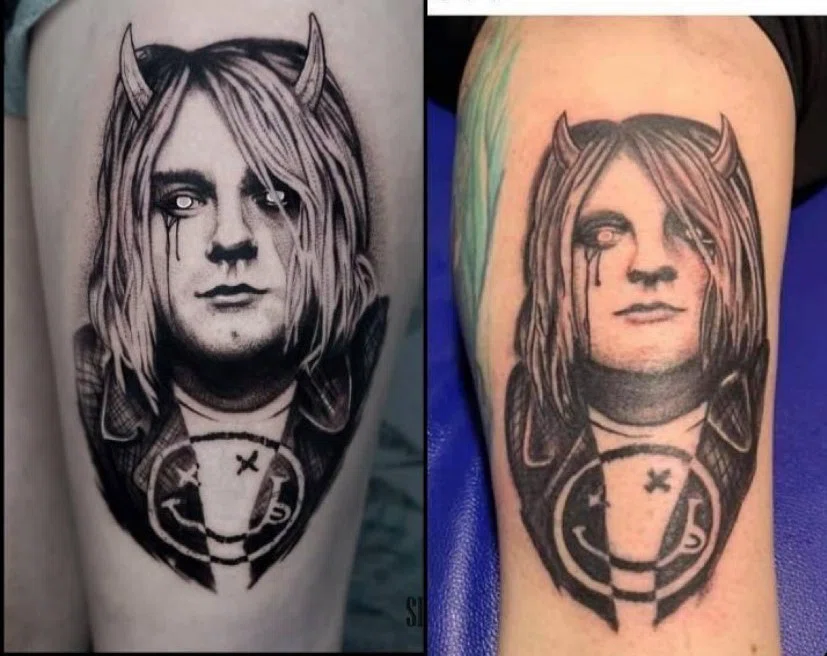Tattoos and the Copycat effect
Tattoo plagiarism is so common that it even has a name
7/29/2022
Let's start by getting on topic, what does Copycat mean?
This is what a “contagion” effect is called when we talk about a real or fictitious event that is replicated massively. That is, when one or several imitators aspire to behave in the same way as a model x.
Copycats in tattooing
The phenomenon of copycats refers to copying striking and popular models that are like "registered trademarks" characteristic of a particular style, trend, etc. This occurs in many disciplines, and obviously, the tattoo is not far behind.
We have already spoken about copyright to protect tattoo artists, and there is little publicity about the legislation that protects tattoos.
There are many tattoo artists who create their original and talented designs from scratch, but there are also many others who take advantage of the finished drafts and they use them without consequences.
This is plagiarism or the copycat effect.

Benefits and risks of publishing your designs on the social media
Tattoo artists today use social networks as the main tool for displaying and disseminating their work. These platforms are very beneficial, since they offer an easy way to become known by the great public to value their work. However, not all that glitters is gold.
As a consequence of the great expansion on Instagram or Pinterest, many original designs are replicated by a huge number of people without necessarily "stealing" it.
It can be said that the tattoo designs of highly reputable artists are mainly imitated, since they are quality drawings and highly requested by the clientele.
Those who copy them are usually small tattoo artists, which do not have a greater repercussion “when you post a tattoo design on Instagram, it is everywhere, and you almost expect it to be copied somewhere. It happens every day. But no renowned artist copies the work of another artist” says Avalon Todaro, a Melbourne based artist.

Copycat is a controversial concept and because some designs are just "inspired" by another artist's tattoo. This is difficult to tell.
Honestly, it's very subjective and there's not such a marked limit, since it depends on how different the design is from the original. It is rather a matter of comparing the similarities and meditating if there were intentions of direct plagiarism, or if it contains only the essence and some other characteristics that were generated in honor of the original piece.
“if a tattoo has been copied line by line, which is really discouraging, but there is nothing wrong with being inspired. People can show the design to their local tattoo artist and find the original artist or redraw the concept to make it unique,” adds Todaro.

The truth is that, since information on what to do about it in a copyright infringement situation is not common knowledge, copycats occur on a daily basis.
But although the consequences of civil legislation is not commonly resorted to (only in some cases), there is always a repercussion of social cancellation in which the community of artists repudiates plagiarism with the help of other Instagram users who decide to join the action.
That way, the reputation of any artists who copies any design is compromised.

Every good professional values the work of others
Respect among artists is crucial to living in harmony within the tattoo culture. It is not a crime to admire the work made by a colleague, as long as you proceed correctly in case you take it as a starting point.
Therefore, we recommend that if you want to pay tribute to an artist's design or simply use it as inspiration, you take the necessary measures to avoid infringing copyright rules.
Remember that it will always be less risky to create your own original design from scratch, something you can only achieve through drawing; an essential skill for tattooing, which we thoroughly teach in our MasterCourse: Realistic Tattooing, with Coreh López.